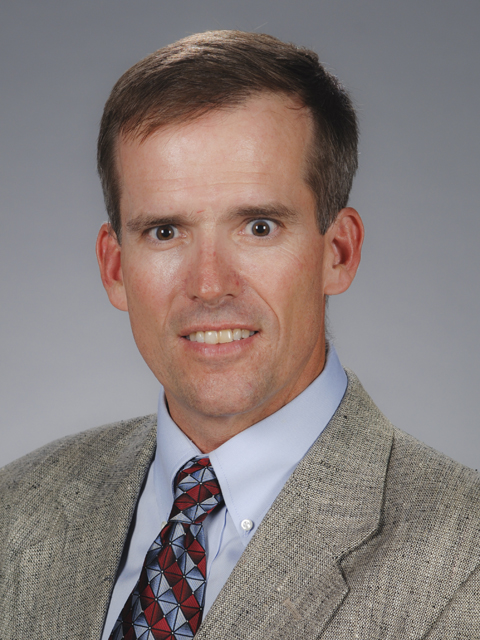Micheal Allen, Ph.D.
Professor of Forest Resources and Conservation
Institute of Food and Agricultural Sciences
2012 Awardee
 Micheal Allen’s research is focused on the ecology, management, and sustainability of the world’s fisheries.
Micheal Allen’s research is focused on the ecology, management, and sustainability of the world’s fisheries. Allen’s research is interdisciplinary and collaborative as evidenced by productive partnerships with faculty from IFAS’s Food and Resource Economics Department, the UF Math/Statistics Department, as well as faculty from a broad suite of other US Institutions. He served recently as a visiting scientist in both Australia and Germany, where, in addition to his collaborative research efforts, he orchestrated and implemented four workshops and delivered five invited seminars.
Allen’s research program seeks to develop new methods and insights to improve and sustain fish populations threatened by overfishing and habitat loss. His strategy for achieving this goal includes a series of interrelated research projects that all contribute to science-based assessment of fish populations and sustainable use of fisheries resources.
Allen evaluates latitudinal variation in life history characteristics (e.g., parental care, broods per year) of exploited fish populations. This project involves collaborators from the University of Illinois and employs a continental-scale sampling approach (Florida to Canada) to ascertain the effects of fishing on key life history traits of sport fishes.
He also assesses the potential for recruitment overfishing to threaten the sustainability of the world’s recreational fisheries. This project involves collaborators from Wisconsin, Germany, and Australia, and employs an evaluation of recreational fisheries using computer simulations to explore the consequences of human exploitation on these economically important natural resources.
Lastly, Allen’s work predicts effects of climate change on fish communities. Collaborators on this project include climate scientists and senior ecologists affiliated with the Florida Cooperative Fish and Wildlife Research Unit, Florida State University and the US Geological Survey. The primary goal is to simulate the effects of climate change on hydrographic regimes in the Suwannee River and evaluate the implications for both freshwater and estuarine fishes.

